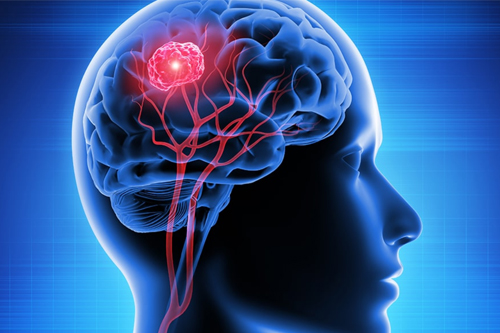
Neurocritical care
Who Needs Neurocritical Care?
- Traumatic Brain Injury (TBI)
- Stroke (Ischemic & Hemorrhagic)
- Aneurysms & Subarachnoid Hemorrhage
- Status Epilepticus
- Spinal Cord Injuries
- Meningitis & Encephalitis
- Neurotrauma
Common Conditions Managed in Neurocritical Care
Traumatic Brain Injury (TBI)
TBI occurs due to sudden trauma to the head, leading to brain dysfunction. It ranges from mild concussions to severe injuries requiring immediate medical intervention.
- Intracranial Pressure (ICP) Monitoring
- Sedation and Ventilation Support
- Decompressive Craniectomy
- Neurorehabilitation
- Thrombolytic Therapy for Ischemic Stroke
- Endovascular Clot Retrieval
- Blood Pressure Management for Hemorrhagic Stroke
- Neuroprotective Strategies
Aneurysms & Subarachnoid Hemorrhage
Aneurysms are weakened blood vessels in the brain that can rupture, leading to subarachnoid hemorrhage (SAH).
- Endovascular Coiling
- Surgical Clipping
- CSF Drainage for Hydrocephalus
- Blood Pressure Control
- Antiepileptic Medications
- EEG Monitoring
- Induced Coma in Severe Cases
Spinal Cord Injuries
Damage to the spinal cord can lead to paralysis, sensory loss, and autonomic dysfunction.
- Immobilization and Surgery
- Corticosteroid Therapy
- Rehabilitation and Physical Therapy
Severe infections of the central nervous system require immediate attention to prevent complications.
- Antibiotics or Antiviral Therapy
- Corticosteroids for Inflammation
- ICU Monitoring for Severe Cases
Advanced Monitoring & Technologies in Neurocritical Care
Real-time tracking of brain function helps in early detection of neurological deterioration.
Patients with compromised breathing require ventilator support to maintain oxygenation and carbon dioxide levels.
High-resolution imaging aids in accurate diagnosis and treatment planning.
Neurocritical Care Treatment Approaches
Medical Interventions & Neuroprotection
- Use of Neuroprotective Agents
- Blood Pressure and Glucose Control
- Oxygen Therapy
Neurosurgical Procedures in Critical Care
- Decompressive Craniectomy
- Ventriculostomy for CSF Drainage
- Endovascular Treatments for Stroke and Aneurysms
Importance of a Multidisciplinary Team
- Specialized doctors trained in neurocritical care manage critical patients effectively.
- Neurologists diagnose and manage neurological disorders, while neurosurgeons perform necessary surgical interventions.
-
Critical care nurses provide 24/7 monitoring, and rehabilitation specialists assist in patient recovery.
Future of Neurocritical Care
- AI in Diagnosis & Treatment Planning
- Advanced Neurostimulation Techniques
- Wearable Brain Monitoring Devices
- Robotic-Assisted Neurosurgery
- AI-Based Predictive Analytics for Early Intervention
Personalized Treatment Approaches
Tailored therapies based on genetic and physiological markers will revolutionize neurocritical care.Contact Us
Conclusion
Neurocritical care is a rapidly advancing field that plays a pivotal role in managing life-threatening neurological conditions. With cutting-edge technology, expert medical teams, and innovative treatments, neurocritical care continues to improve survival rates and patient outcomes. As research and technology progress, the future of neurocritical care promises more effective, personalized, and minimally invasive treatments for critical neurological disorders.Schedule your Consultation with Dr. Ritesh Nawkhare
